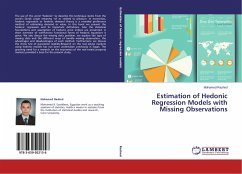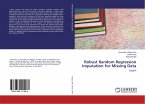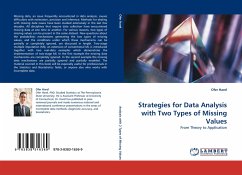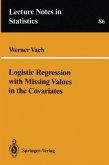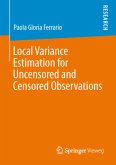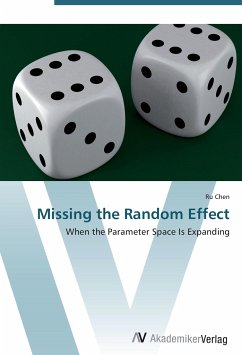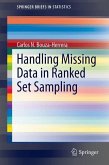The use of the word "hedonic" to describe this technique stems from the word's Greek origin meaning "of or related to pleasure. In economics, hedonic regression or hedonic demand theory is a revealed preference method of estimating demand or value. In this book we present the hedonic regression and its important definitions. Also the statistical foundations and assumption of hedonic price indices are presented. A short overview of well-known functional forms of hedonic equations is given. We also discuss the missing data problem. we explore the type of missing data and the different ways of handle missing observation, the advantages and disadvantages of each method. Furthermore we discuss the chow test of parameter stability.Research on the real estate markets using hedonic models has not been undertaken previously in Egypt. The growing need for a research on the economics of the real estate property markets provided a base for the present study.
Bitte wählen Sie Ihr Anliegen aus.
Rechnungen
Retourenschein anfordern
Bestellstatus
Storno

